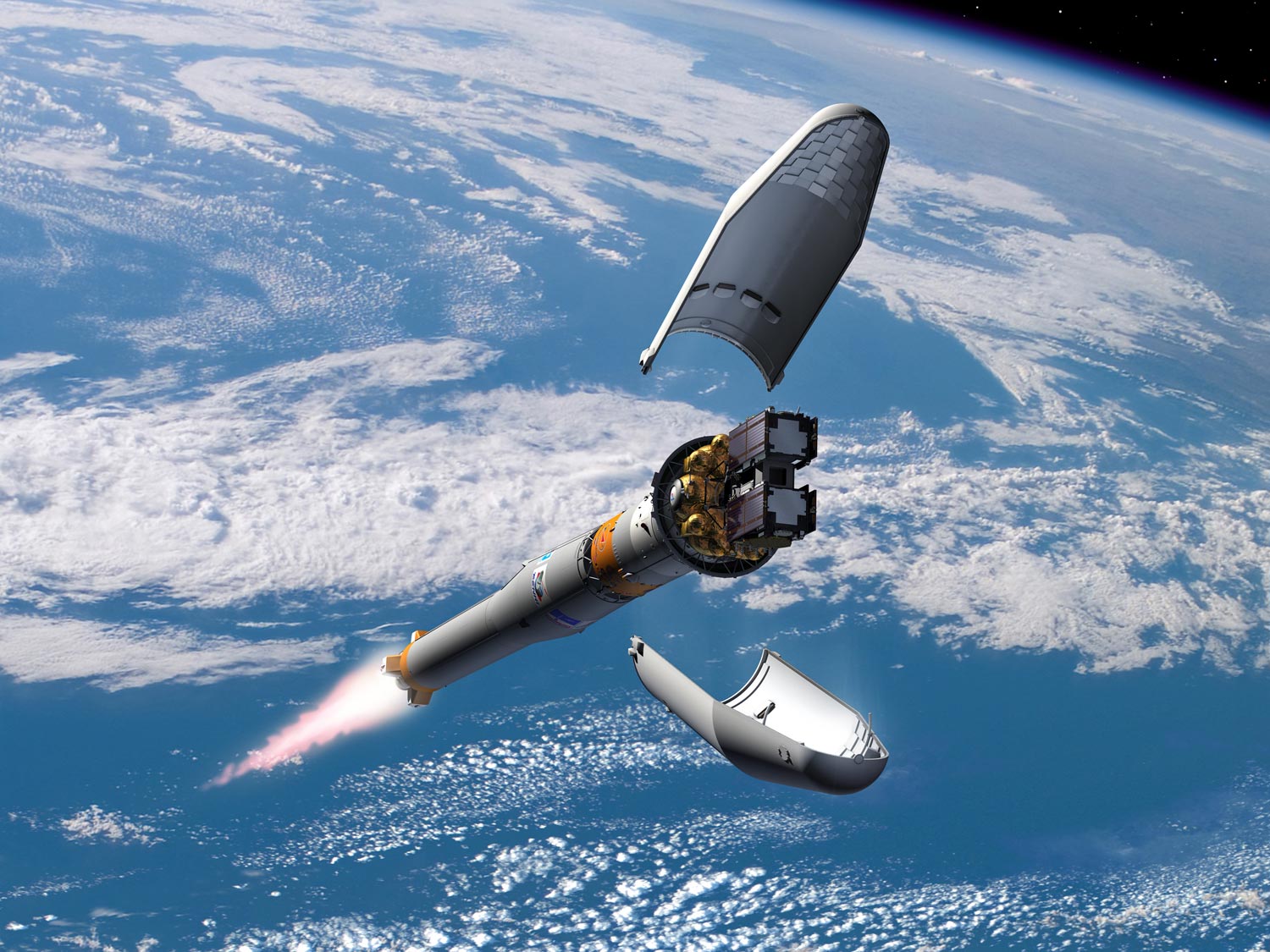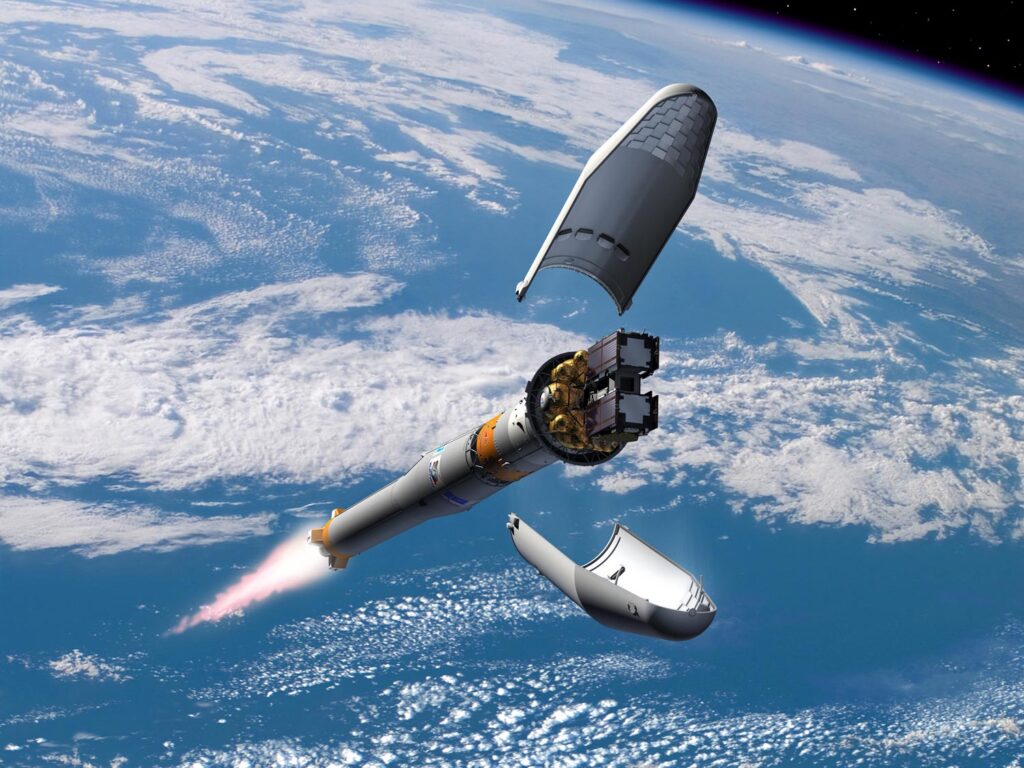

Communications minister Khumbudzo Ntshavheni says South Africa is ready to launch its first communications satellite as part of a growing push to expand internet connectivity.
Speaking at the World Telecommunication Development Conference on Wednesday (8 June), Ntshavheni said the satellite will address both media and broadband connectivity objectives. It will also help entrench the country’s ‘technology and data sovereignty’, she said.
“South Africa is implementing a broadband connectivity drive through a programme we call South Africa (SA) Connect. The goal of South Africa Connect is to ensure that all South Africans have access to the internet by 2024.”
Ntshavheni said the initiative has been kickstarted by the successful telecommunications auction of the spectrum in March 2022.
This not only helped raise $1 billion for the national fiscus but mobile operators will spend also spend not less than R17 billion to connect all public schools, health facilities, public libraries, government service centres and traditional authorities by the end of June 2025, she said.
“The SA Connect programme will be complemented by a robust programme to modernise our networks in partnership with industry which entails the full deployment of 4G and 5G networks by 2025.
“To enable this, we will shut down 2G and 3G networks over the same period and this financial year, we will commence with the prohibition of the importation and distribution in South Africa of 2G devices.”
A commission established by president Cyril Ramaphosa has previously recommended that government build and launch a geostationary telecommunications satellite, which would offer its services to the entire Southern African Development Community (SADC) region.
Alongside South Africa, the SADC includes Angola, Botswana, Eswatini, Lesotho and Zimbabwe.
The commission said that the satellite would provide quality connectivity to marginalised communities in the SADC region, at no cost to them, so that they may access 4IR applications, especially for smart health, smart learning, smart ammunition, smart minerals, smart agriculture, smart contracts and smart financial services.
“The (satellite) would create an enabling environment that opens opportunities for a shared economy that would empower all Africans to change their material social conditions and alleviate poverty, inequality and youth unemployment. We would create much-needed redundancy by large global enterprises,” it said.
The commission said that the geostationary satellite would also add value in setting up an African central exchange for voice, data and other communication media – and enable smart contracts for the African Continental Free Trade Agreements (AfCFTA).
